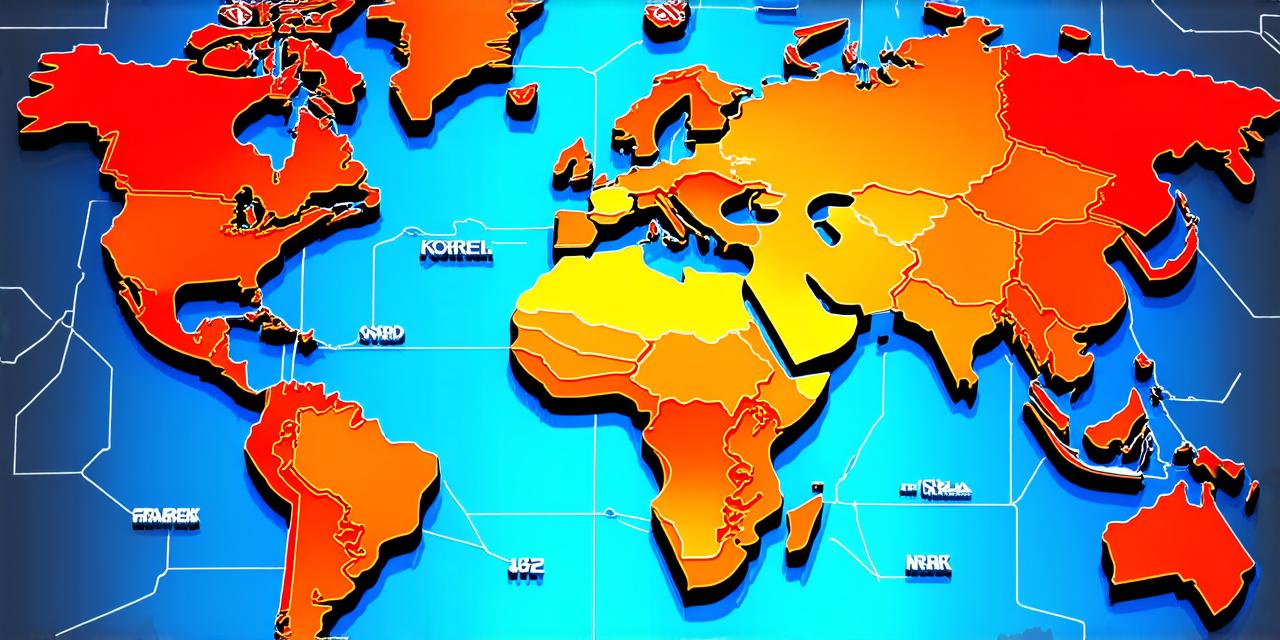Outsourcing in Developing Countries
One of the most common uses of outsourcing is in developing countries, where labor costs are often much lower than in developed countries. This has led to a significant increase in outsourcing of manufacturing, service, and administrative tasks to these regions.
The benefits of outsourcing to developing countries are numerous. Firstly, it can significantly reduce labor costs, allowing businesses to cut their expenses and increase their profits. Secondly, it provides employment opportunities in these regions, which can help to stimulate economic growth and development. Thirdly, outsourcing can bring new technologies and expertise to these areas, leading to innovation and improved productivity.
However, there are also some challenges associated with outsourcing to developing countries. One major concern is the lack of infrastructure and legal systems in many of these regions, which can make it difficult for businesses to operate efficiently and effectively. Additionally, there is a risk of exploitation of workers, particularly in industries like textiles and garments, where wages are often very low and working conditions can be poor.
Outsourcing in Developed Countries
While outsourcing is often associated with developing countries, it also occurs in developed countries, particularly in the service sector. For example, many large corporations have established call centers and other customer service operations in countries like the United States, Canada, and Europe.
In addition to call centers, outsourcing is also commonly used for IT services, such as software development and network maintenance. This allows businesses to focus on their core competencies while leaving the more technical aspects of IT to specialized providers.
One of the main drivers of outsourcing in developed countries is the desire to reduce costs and improve efficiency. By outsourcing tasks to third-party providers, businesses can take advantage of economies of scale and access a larger pool of talent, leading to cost savings and increased productivity.
However, there are also some challenges associated with outsourcing in developed countries. One major concern is the loss of jobs for local workers, particularly in industries like manufacturing and retail, where many companies have offshored their operations to lower-cost regions. Additionally, there is a risk of cultural misunderstandings and communication barriers when working with providers from different parts of the world.
Geographical Outsourcing
In addition to traditional outsourcing, which involves sending work to third-party providers located in other countries or regions, there is also a practice known as geographical outsourcing. This involves companies setting up their own operations in different locations around the world, allowing them to take advantage of differences in time zones, labor costs, and other factors.
For example, a company might set up a call center in one part of the world during business hours in another region, allowing it to provide 24/7 customer service while also taking advantage of lower wages and better working conditions in the offshore location.
Geographical outsourcing can be particularly effective for companies that operate in global markets, as it allows them to provide services to customers around the world while still maintaining a level of control over their operations. However, it also requires significant investments in infrastructure and technology, and can be complex to manage across multiple locations.
Case Studies
To illustrate how outsourcing works in different geographical contexts, let’s look at some real-life examples:
Manufacturing in Developing Countries
A major automobile manufacturer has established a factory in China, where it produces a range of components for its vehicles. This allows the company to take advantage of lower labor costs and access to a larger pool of skilled workers in China, while still maintaining quality control and intellectual property rights over its designs.
Service Outsourcing in Developed Countries
A large telecoms company has established a call center in India, where it provides customer service support for its global operations. This allows the company to take advantage of the skilled workforce in India, while also providing good wages and benefits for the workers.
Geographical Outsourcing by Multinational Corporations
A multinational retailer has established warehouses and distribution centers in different parts of the world, allowing it to provide fast and efficient delivery of goods to customers around the globe. This allows the company to take advantage of differences in time zones and shipping costs across different regions, while also maintaining a high level of quality control over its products.

Personal Experiences
As someone who has worked in the outsourcing industry for many years, I have seen firsthand how outsourcing can bring benefits and challenges to businesses and communities alike.
